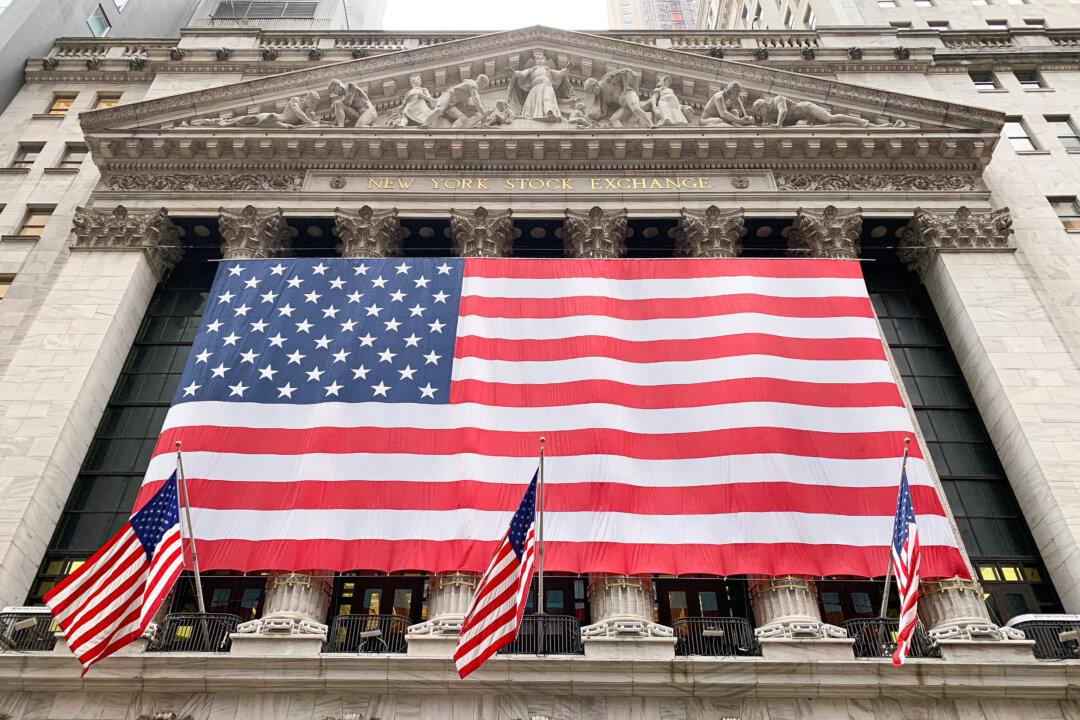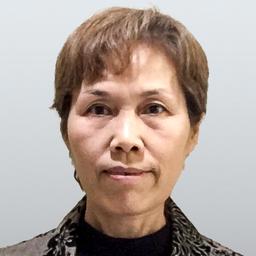News Analysis
While the Securities and Exchange Commission (SEC) has continued to signal tighter audit standards for Chinese companies listed in the United States, the Chinese Communist Party (CCP) has been meeting privately with Wall Street firms to launch wholly-owned mutual funds in the Chinese capital market. Experts believe that Wall Street will remain as a middleman between China and the United States for as long as the potential for profits exists.






